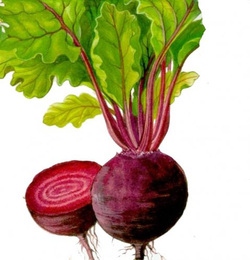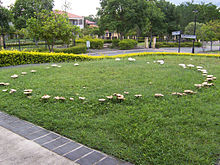 Stem cells from a tank in a lab in Athens, Ga. A California lab has discovered a way turn stem cells from bone marrow into brain cells. Scientists have discovered an antibody that can turn stem cells from a patient's bone marrow directly into brain cells, a potential breakthrough in the treatment of neurological diseases and injuries.  Apr. 22, 2013 — Running two computer models in tandem, scientists from the University of New Hampshire have detailed for the first time how thermoelectric power plants interact with climate, hydrology, and aquatic ecosystems throughout the northeastern U.S. and show how rivers serve as "horizontal cooling towers" that provide an important ecosystem service to the regional electricity sector -- but at a cost to the environment.
 myscienceacademy-Dietitians are always arguing over the best foods, the best diets and the best lifestyle decisions a person can make. One year, eggs might be all the rage, while the next they could be the leading cause in X symptom for X disease and should be shunned by the masses. One such fad, if you want to stay as current as possible, revolves around the crimson red beetroot. Only the health benefits of beetroot really are incredible.
Erika Forbes, PhD, is Associate Professor of Psychiatry and Psychology at the University of Pittsburgh and director of the Affective Neuroscience and Developmental Psychopathology Lab. She completed her AB at Harvard University and her PhD at the University of Pittsburgh. She is a clinical and developmental psychologist by training, and her work examines the neuroscience of mental health in young people. Specifically, she uses techniques such as functional magnetic resonance imaging to investigate how unusual brain function in response to rewarding or pleasant stimuli is involved in the development of depression and substance use in adolescents.
|

 RSS Feed
RSS Feed